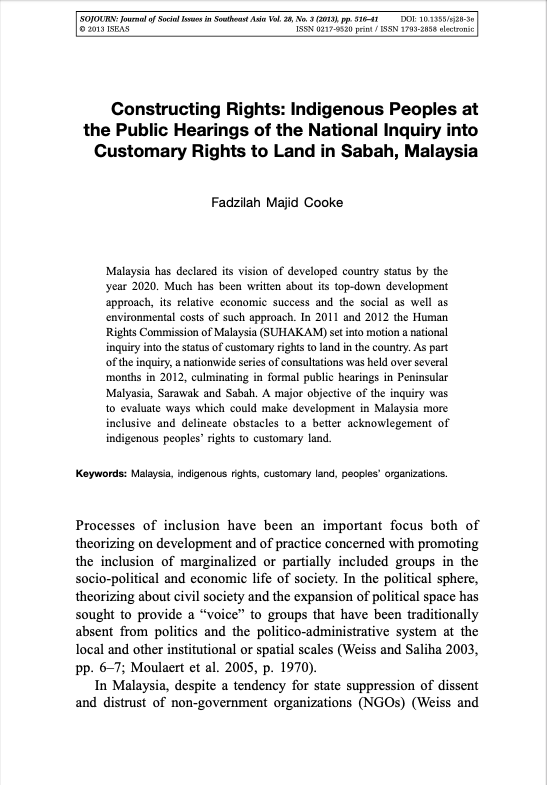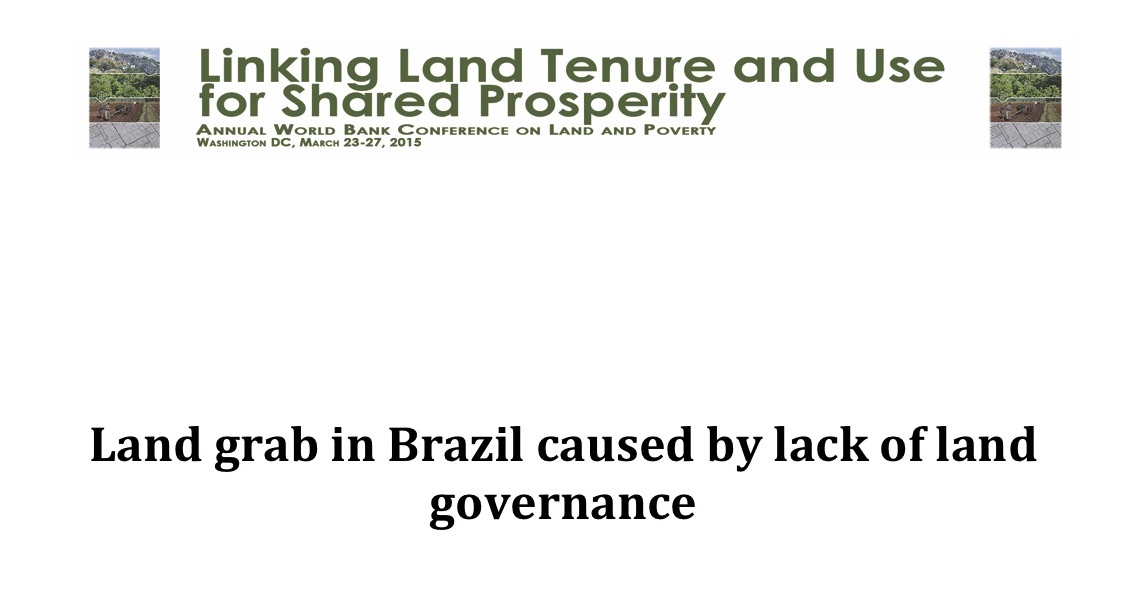Similarities and dissimilarities between the EU agricultural and rural development model and Romanian agriculture. Challenges and perspectives
The main aims of this study are to highlight the differences and the similarities between the European model of agricultural and rural development, and the state of play in the Romanian agricultural sector. Statistically speaking, the agricultural sector's indicators of the past two decades place Romania outside the family picture of the EU countries, with very slight resemblances, and very strong discrepancies between their economic, technical, and institutional characteristics.




